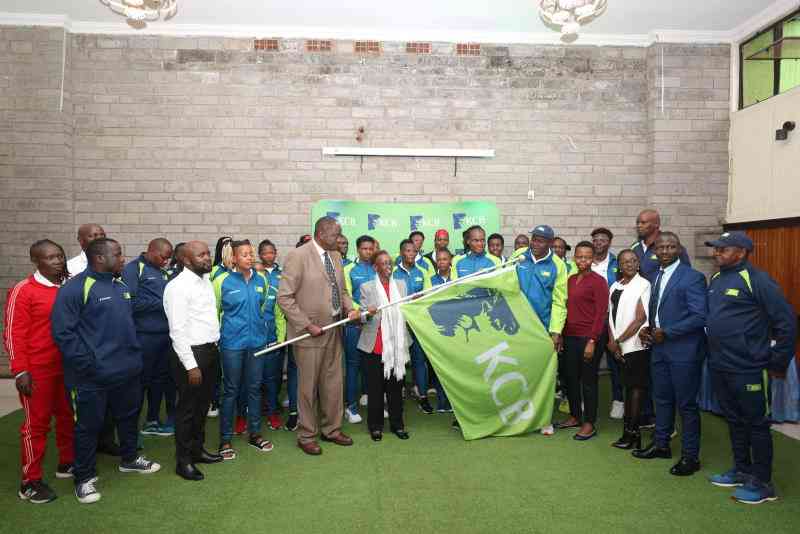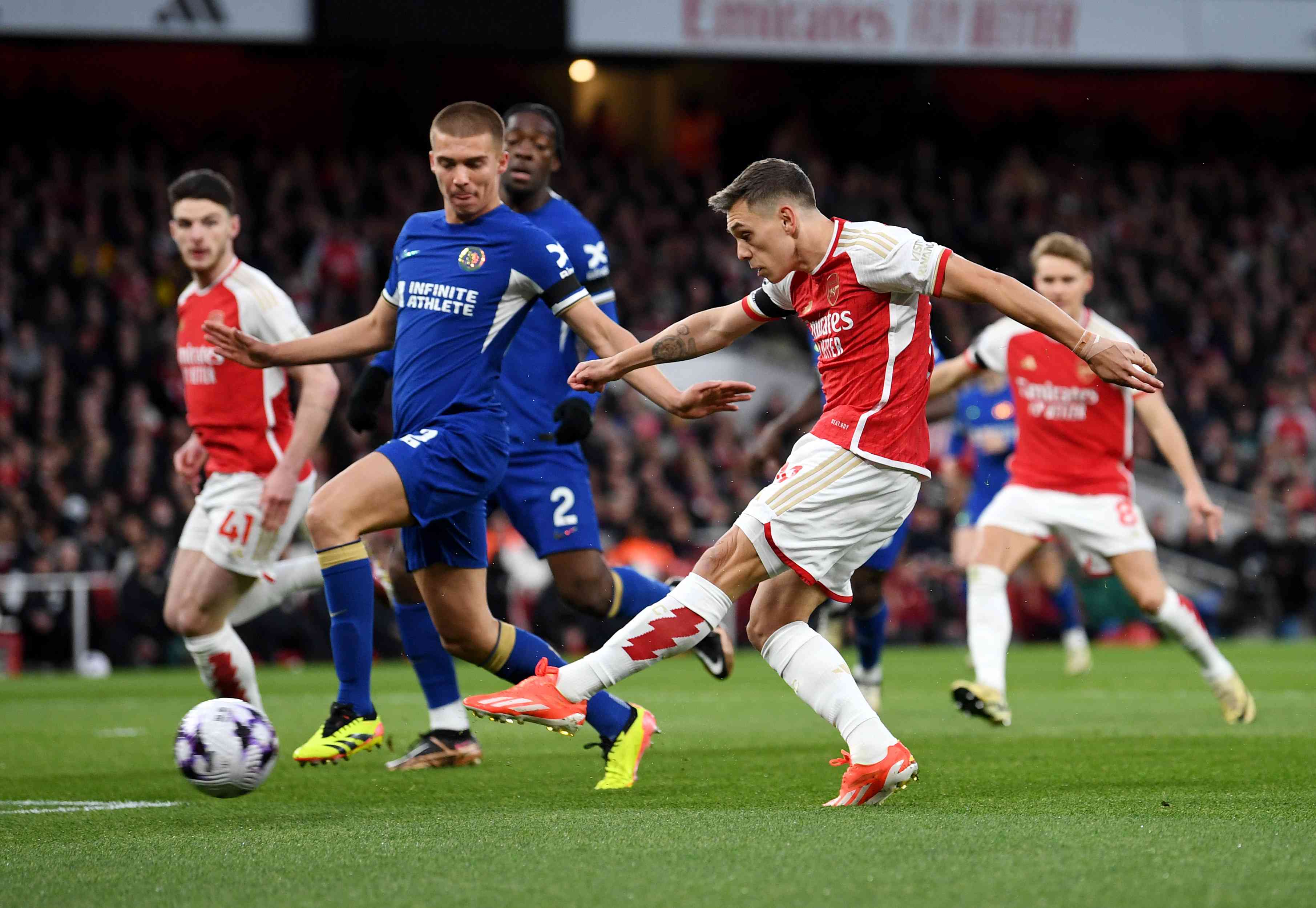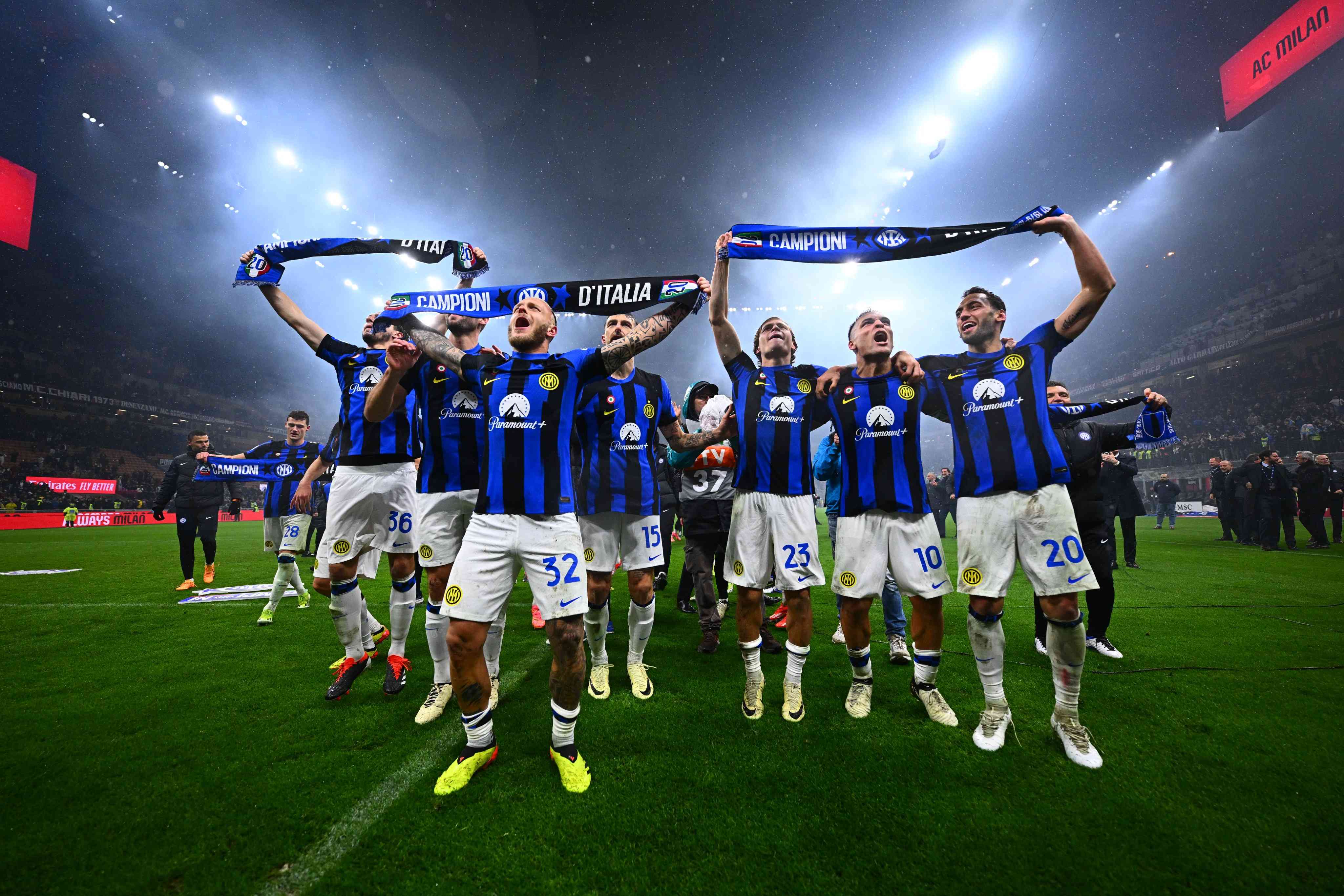
This year, the Kenyan Premier League was in the grip of a chaos pandemic.
At times, it resembled a war zone; battles in stadiums, acrimony over disciplinary rulings, dodgy awarding or deduction of points from unplayed or abandoned matches and a general feeling that nobody was in charge.
It made the days, when Mohamed Hatimy, then the boss of Football Kenya Limited (FKL), glorious times to yearn for.
Apparently, Hatimy had the good sense to let the 16 clubs of the premiership manage their own affairs. The KPL was even too independent, according to the hands-on FKL secretary general Titus Kasuve who, then, often made his feelings to that effect known.
The two gentlemen – had they been malicious -- had perfect grounds for doing to the league, what the organisation has endured in recent times, climaxing with this year when it appeared to suffer from a raid from outside.
Even though they may have had some reservations, Hatimy and Kasuve will go down in history as having acted sane for the sake of KPL football. They gave peace to the premiership. The league, in turn, churned out for the duo some decent Harambee Stars players who were to lift Kenya to their highest ever Fifa ranking, 68th, in 2008.
After the Hatimy/Kasuve exit and a Football Kenya Federation (FKF) take-over, Harambee Stars quickly plummeted to No 120 and then in 2012 to No 134, their all-time worst rank!
Except for a No 95 in July 2012, under FKF, the country has consistently stayed beyond the 100 mark and are currently at No 116 in the Fifa listing.
Hatimy and Kasuve’s time at FKL, then the bona fide agents of Fifa, was wounded by rebellion. Another organisation, Kenya Football Federation (KFF), ran a parallel authority and permanently dragged FKL through local courts and the international court of arbitration.
Taking it all in the chin, Hatimy and Kasuve did not result to slapping bans from football to their tormenters. Those would be tactics that KFF, later altered to FKF, would themselves use to stifle dissent, sentencing critics to bans -- some stretching to ‘life’ – including popularly-elected Sammy Sholei, Daniel Shikanda, Hussein Terry etc.
Then KPL emerged into respectable administration for the first time in the 2008 season. The organisation, having sold broadcasting rights to SuperSport, there was some decent money and in a small office with just a few hands -- Frank Okoth, Phoebe Amuyunzu, GMT Ottieno, Kevin Mmbaya and the late Lawrence Marube -- KPL Chief Executive Officer, Jack Oguda, gave a respectable face to the premiership.
Gradually, a lot changed for the better. These days, for instance, you hardly hear wrangles over contracts between players and their clubs. The air-tight contracts are public documents in four copies; one to the player, another kept by the club, another kept by the KPL and the fourth in custody of the football governing body, FKF.
In early days, SuperSport, with their TV rights, broadcast ‘live’ matches in Kenya, Zambia, Zimbabwe, Angola, Nigeria and Ghana and later Uganda; their favourite, in terms of management, was KPL.
After just two years of running KPL with SuperSport funding, in 2010 season, the premiership witnessed zero abandoned matches and only one match appeal.
The organisation reined in offenders and expeditiously dealt in almost real time with 14 disciplinary cases.
The happenings that made Oguda’s work difficult this season, the interference in meting out of disciplinary action to unusually many players, coaches and club culprits are in public domain.
The premiership was hurtling down the path resembling that of Nigeria and Uganda. Those involved in the meddling of KPL affairs know themselves.
The pity is, the KPL broadcasting rights deal with current partners has only one more season to run -- 2015.
When it was signed, the current SuperSport/KPL rights contract ran into around Sh900 million. It would be difficult to find a Kenyan firm to match, let alone better that amount for the KPL beginning 2016.
If SuperSport are interested in continuing, talks should already be underway, and, in any case, before the end of six months in the final year of the existing contract.
There are those who think that SuperSport has invested too much in technology and personnel in Nairobi to back out of local football and that, therefore, an extension of their partnership with KPL is a shoo-in.
But SuperSport is a small company under the larger pay-TV provider, Multichoice. Multichoice business in Kenya is not dependent on football.
Did you know, for example, ‘OLX’, the multi-money minting free online classifieds portal involved in selling, buying, trading, discussing, organizing, and meeting people near you belongs to the Multichoice family?
What’s more, even Multichoice reports to a larger South Africa multi-national, Naspers, whose football profits, if any at all from Africa, let alone Kenya, are a drop in the ocean.
In their last two rights’ negotiations, KPL’s best friend was Imtiaz Patel, the then CEO of SuperSport, whose relationship with Kenya sport started when, as a school teacher, he came to Nairobi to run a junior cricket development programme in the early 1990s.
Patel long vacated SuperSport, moving up the ladder in the Naspers-owned operations as CEO of Multichoice Group. His obvious bias for Kenya could still be influential if there will be talks for another deal with KPL, but the man left at SuperSport in acting capacity would have lesser sentiments.
Brandon Foot is a hard-nosed operative in the corridors of South African cricket administration. A specialist in litigation, commercial and sports law, who would play on the same turf with KPL chairman, Ambrose Rachier -- one of Kenya’s most prominent lawyers -- Foot has precedence as a hard ball player against Kenyans.
His dealings with the Kenya Rugby Union (KRU) when the Union reneged on a deal with SuperSport sometime back and leading to subsequent acrimonious disengagement, come to mind.
Foot would be the kind of man not likely to handle with kid gloves the current disharmonious operations at KPL. Rachier and his fellow KPL chairmen, in dealing with Foot, will not afford the relaxed stance of the past when relationship was cordial, all the way from SuperSport’s Head Africa in Nairobi then, Gary Rathbone, and in South Africa with Patel.
Even though SuperSport football offering in Kenya -- the English Premier League and the KPL -- is still a de facto monopoly, the Multichoice general business has been highly challenged with now the strong presence of Kenya Broadcasting Corporation pay-TV facility, Signet, the Chinese competitor, Star Times and Mwananchi Group’s Zuku TV. A Tanzanian company, Azam TV is also spreading fast in East Africa offering similar entertainment -- music, reality shows, dramas, movies and local and international sport.
Meanwhile, one remaining positive about the 2014 KPL season is today afternoon’s finish. Title contenders Gor Mahia and Sofapaka have at least not been involved in ‘boardroom points maneuvers’ and it is the best team that will clinch the championship.
A point ahead on the table, to retain their title Gor Mahia’s performance against Ushuru at Moi Stadium, Kisumu, must at least match Sofapaka’s against Tusker in Nairobi.
Towards the halfway mark, Gor had stolen a march on the rest of the field and it appeared retaining their 2013 title would be a walk in the park. But like in every KPL year, it’s back to thrills all the way to the last matches of the day; both for the title or the last slot for relegation. Enjoy.
 The Standard Group Plc is a multi-media organization with investments in media
platforms spanning newspaper print operations, television, radio broadcasting,
digital and online services. The Standard Group is recognized as a leading
multi-media house in Kenya with a key influence in matters of national and
international interest.
The Standard Group Plc is a multi-media organization with investments in media
platforms spanning newspaper print operations, television, radio broadcasting,
digital and online services. The Standard Group is recognized as a leading
multi-media house in Kenya with a key influence in matters of national and
international interest.
 The Standard Group Plc is a multi-media organization with investments in media
platforms spanning newspaper print operations, television, radio broadcasting,
digital and online services. The Standard Group is recognized as a leading
multi-media house in Kenya with a key influence in matters of national and
international interest.
The Standard Group Plc is a multi-media organization with investments in media
platforms spanning newspaper print operations, television, radio broadcasting,
digital and online services. The Standard Group is recognized as a leading
multi-media house in Kenya with a key influence in matters of national and
international interest.







